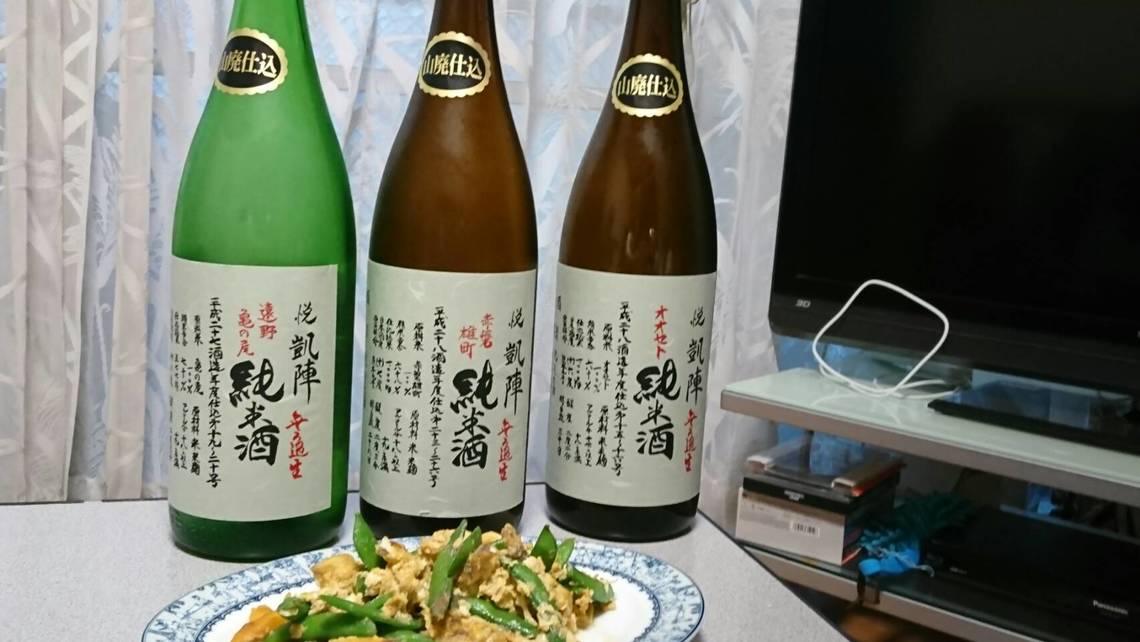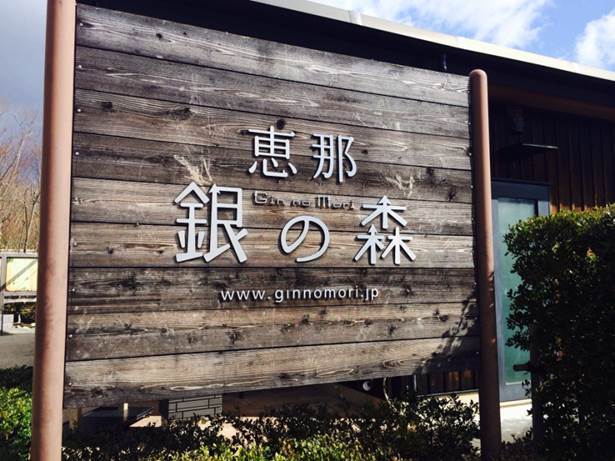There is no dish called "Mapo Glass Noodles" in China. That's because this recipe, now a household staple, was actually created by a Japanese salaryman. In 1979, the president of Nagatanien told one of his employees:
So this employee traveled around Japan and abroad. One day, while drinking an ordinary soup at a Chinese restaurant, he thought, "This is delicious. It's rich and surprisingly goes well with rice!" In that instant, the idea for "Mapo Glass Noodles," a side dish using glass noodles, was born. I recently heard this story for the first time, known as the "Wandering Employee" episode.
About an hour from Nagoya on the Chuo Line lies the town of Ena. There, a company called "Gin no Mori" has been steadily growing its business with "frozen osechi" sets. Its chairman, Daisaku Watanabe, is said to always tell his employees:
"The pursuit of flavor never ends. We absolutely must keep searching and walking further and further. There must be even tastier things out there in the world. I think experiencing various things, trying to make them, tasting them, and then making them again—repeating this cycle deepens the deliciousness even more... Don't you agree?"
I happened to hear two different executives say almost the exact same thing in quick succession, which really stuck with me. It's true, isn't it? We have to keep searching for delicious things we haven't yet discovered, and keep walking further and further.
When I, a mere advertising guy, participate in product development, I'm frankly an amateur in that "industry." But if I'm going to do it, I want to be the best amateur I can be.
I used to imagine the origin of "amateur" was something like "unmatured" or "unripe." But upon proper research, I learned its root is the Latin "amator," meaning "lover." So, to translate "amateur" accurately, "enthusiast" or "lover" is closer than "amateur." When I participate in product development with manufacturers, I might be an amateur in terms of pure knowledge. But I want to be, quite literally, someone who loves it more than anyone else.
The ingredients for that "aha!" concept come from two sources: knowledge about the immediate task at hand (specialized materials) and knowledge drawn from all manner of life experiences (general materials). Yet, as the British thinker Thomas Carlyle said, "Just as fire is the beginning of light, so love is always the beginning of knowledge." The source of it all is boundless affection for the subject.
To my knowledge, you rarely encounter food company employees who "hate eating." Yet, seeing two outstanding executives say the same thing at different times suggests there might still be a lack of love. In the automotive industry, it's cars. In pharmaceuticals, it's health. In retail, it's shopping. The great gourmand Brillat-Savarin declared, "The discovery of a new plat de rechange is a greater event for the happiness of mankind than the discovery of a new planet." Such obsessive devotion is likely necessary.

...And so, with this long~ excuse, today at the table, a little luxury. After all, a lack of love is a misfortune. I lined up three types of Kagawa's local sake, "Etsukaijin," which I happened to get my hands on, and sipped away. Even among the same Yamahai Junmai style, just using different rice creates quite a difference in flavor. It's something that clearly divides preferences... or so I thought, but when I tasted again, "Huh?" The more I drank, the more "Huh? Huh? Huh??" With each cup, the differences between them became harder to tell.
Seems there's a lack of skill that even love can't compensate for. Tears.
Please, help yourself!










